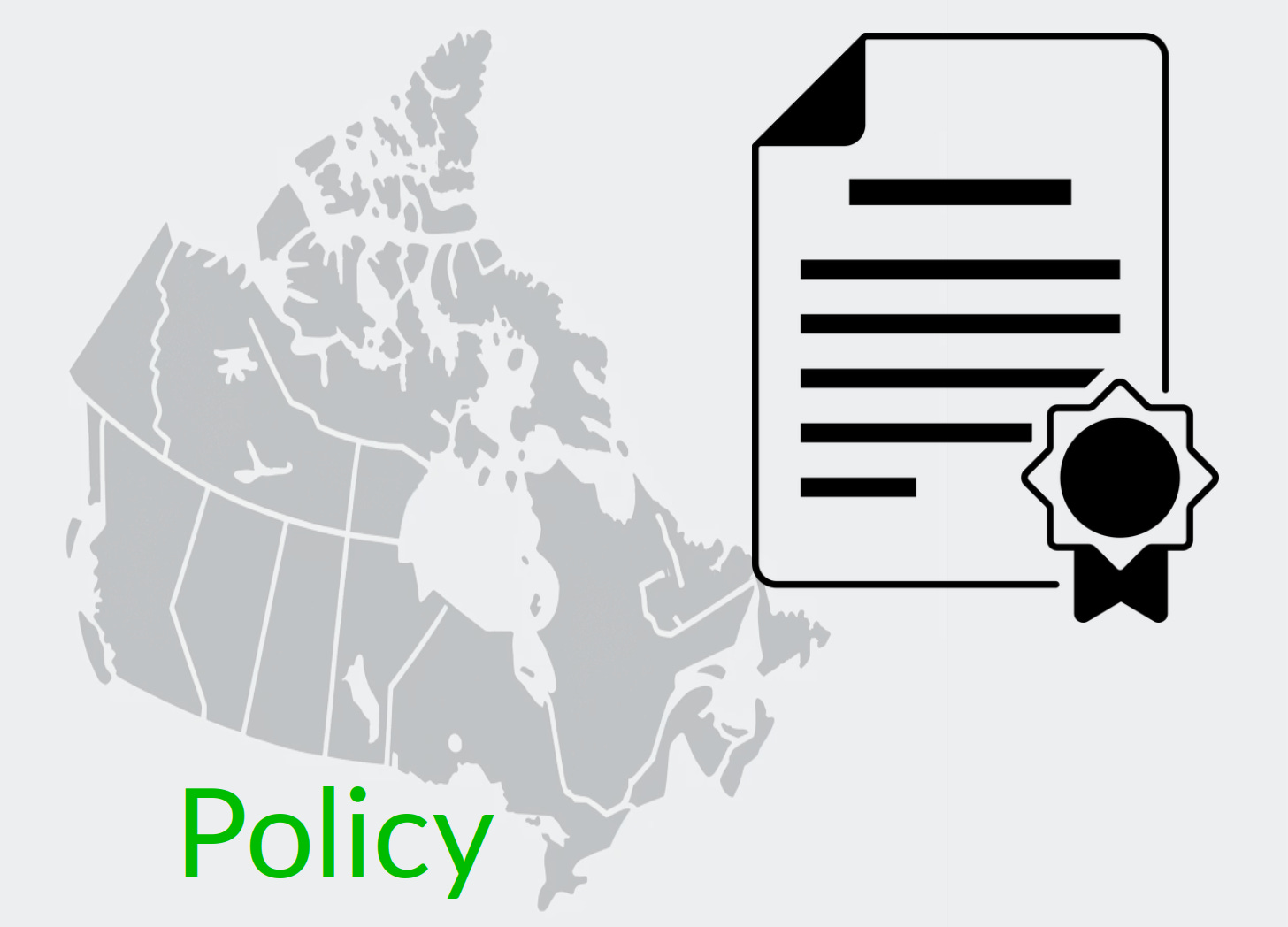Does Income Inequality Matter?
Super-high income taxes don't increase government revenues. But can taxes be "smart"?
Reducing poverty and its harms is among the most urgent responsibilities of any modern government. But despite the claims of some activists, this particular problem has no obvious and easy solution. I’m going to suggest that targeting income inequality in particular is a waste of time.
First of all, income in Canada is actually not all that unequal. Income inequality is often measured by the Gini Coefficient. A Gini score of zero would represent total income equality, where everyone earns exactly the same amount. A score of one (or, sometimes, 100) represents perfect inequality, meaning one person has all the income, and everyone else has none.
Statistics Canada data shows changes to the Gini Coefficient in Canada between 1976 and 2022:
Relatively speaking, those numbers are quite low and - when you ignore the weird COVID years - they also haven’t changed much since 1976. For comparison, the U.S. Gini coefficient in 2023 was 0.47, while (Communist!) China’s was 0.465 - both significantly higher than ours. The worst and best scores are, respectively, claimed by South Africa (.63) and Norway (.23).
But the real reason that talking about income inequality is an unnecessary distraction, is because there’s nothing you can do about it.
As I pointed out in a recent article, the 2 percent of Canadians whose assessed taxable incomes are above $250,000 contribute nearly 30 percent of all personal income tax revenue. They’re already clearly - and for the most part willingly - carrying far more than their share.
Ok. But why not slap the super-rich with a 90 percent marginal income tax? Well that’s been tried. The Beatles even recorded an angry song about it. But as far as I can tell, such taxes have always led to decreasing tax revenues. That’s because the people you’re targeting will either decide to earn less or simply move their businesses and assets to more tax-friendly countries - that often come with the added bonus of good weather.
If you’d ask me for my opinion, I’d say that the federal government could easily free up billions of dollars to address poverty by cutting waste. And a good first step in that direction would involve sharply decreasing the size of our bloated civil service.
How those extra funds could be better spent in a way that actually helps the poor isn’t a simple question. And it’s something you’d definitely want to get right on the first shot. Not to mention that some problems just can’t be solved with more money.
But in the unlikely event that you did find an expensive solution AND money freed up by new government efficiencies wasn’t enough to cover it, one might consider an intelligently designed wealth tax. Wealth taxes - which can take the form of property and estate taxes - have been used for centuries. The catch is that, if they’re poorly designed, they can be destructive. Just imagine a tax on real estate worth more than a million dollars that ends up wiping out seniors counting on the value of their homes to fund their retirements.
An OECD report from a few years back identifies a long list of developed countries whose wealth taxes largely failed to deliver significant revenue boosts. Those included Spain, Austria, Denmark, and Germany.
Norway, with a wealth tax worth as much as 1.5 percent of net wealth, was one of the report's few success stories. But even they now seem to be having serious problems with compliance. Apparently, rich and industrious Norwegians are leaving the country in such high numbers that the government has imposed a punitive exit tax. I’m sure that’ll work out just great. (The Free Press recently published a piece on Norway’s problem.)
Nevertheless, if there is a universe where the words “smart” and “tax” can happily co-exist in a single sentence, then it’s more likely to work when you also find a way to include “wealth”, “balanced”, and “focused”.




David, Please note that my co-authored book Reclaiming Populism: How Economic Fairness Can Win Back Disenchanted Voters (John Wiley 2021) demonstrates that on the whole human beings DO NOT mind unequal incomes as long as they are achieved fairly that includes both giving people the tools they need through their lifetime to be successful and the state allows citizens to profit from their success. We call this the 'twin virtues of equal opportunity and fair unequal outcomes'. Paul
Many thanks. Also available on audible.